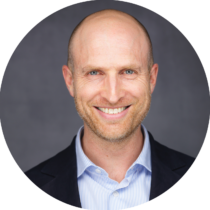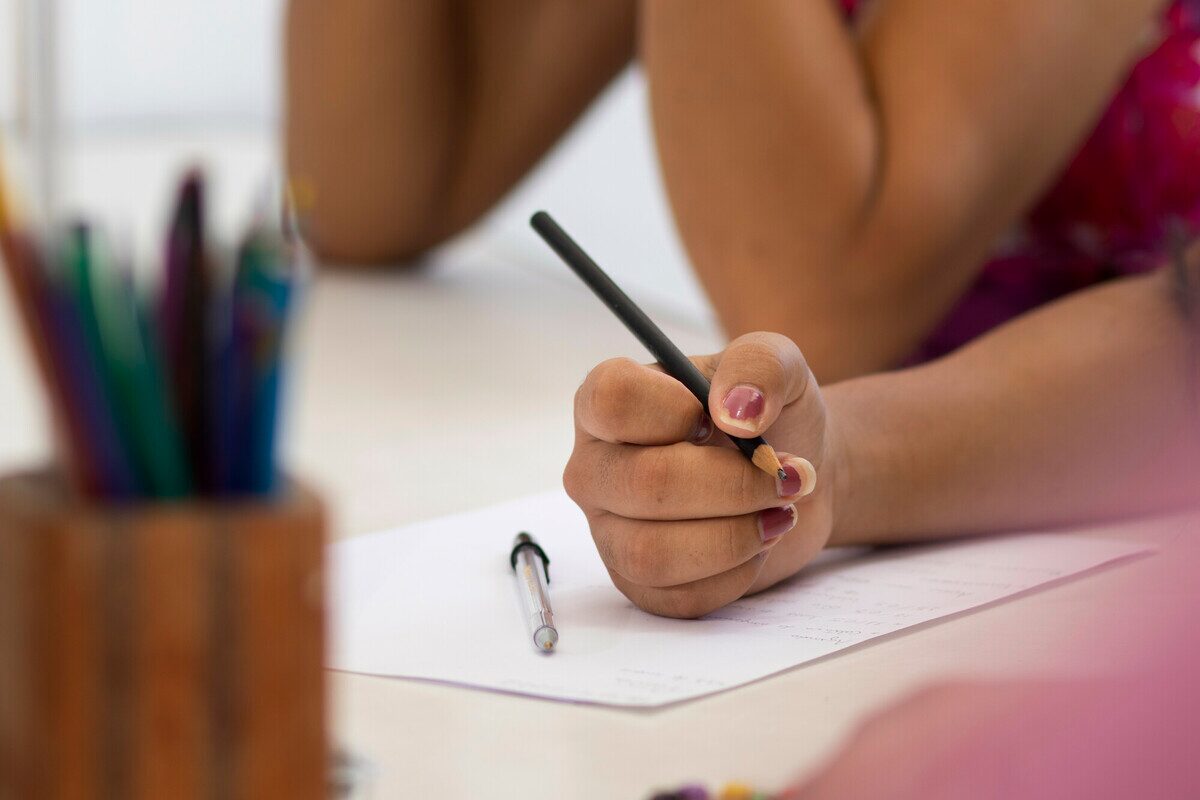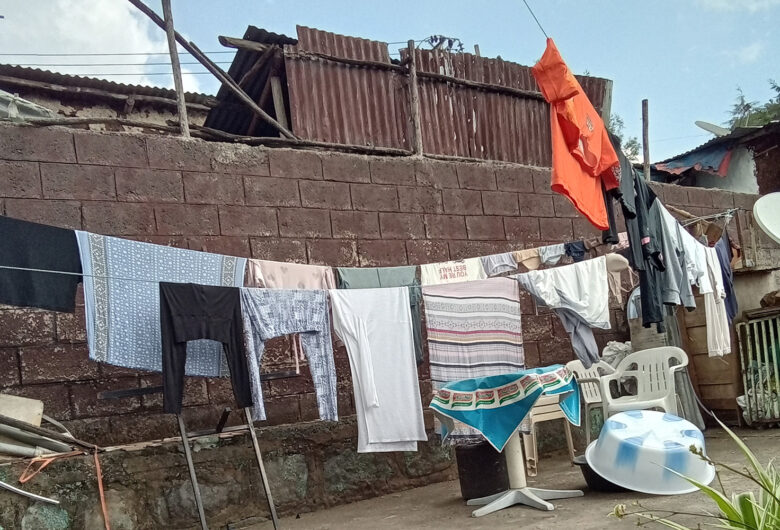Vivian[1] had been sleeping on the floor of the tiny NGO compound in Busia, western Kenya with her 8-month-old daughter for over a week. It was little more than a thin mattress on the floor, but she had nowhere else to go.
Only 16 years old, it was not long ago that Vivian had been dreaming of a career as a health worker. She had been a top student, but now had dropped out of school to look after her baby and was struggling to earn money as a cleaner.
Her mother had left home long ago to find work in Nairobi. When Vivian got pregnant, her grandmother kicked her out of the family home. “Get the boda boda driver to look after you,” her grandmother had said, referring to the young man who had impregnated her. They had met when he had given her a ride home from school on his motorcycle taxi.
Now he wanted nothing to do with her, and she had no legal way to force him to pay child support. So each day, with the baby on her back, Vivian went out in search of work, invariably getting only the lowest paid and riskiest jobs—the jobs no one else wanted.
“Her story is not unique,” says Maureen Ayodi, the head of Baridi Kwa Baridi, the community-based organisation looking after Vivian. “All the time, the girls are getting pregnant. Many are raped. But the men, they do not provide support.”
Because of the way the law is written in Kenya, when Vivian applied for her baby’s birth certificate, she could not add the father’s name without his consent. And without this documentation, she was on her own, at greater risk of being exploited. Just like thousands of other single mothers.
To make matters worse, when Vivian turns 18, she may not be able to get a national ID –needed to open a bank account, access government services, and vote – as applicants are often required to provide identification from both parents. “We have so many girls, many of them teen moms in Busia, who cannot get the ID because they do not even know their fathers,” says Ayodi.
It is not only in Kenya that nuances in the provision of official documentation compound the systemic injustices faced by certain groups. The World Bank estimates that approximately 850 million people around the world are without official proof of their identity.[2] While much focus has been placed on the lack of documents for people who migrate irregularly or are forced to flee their countries, there has been scant attention on those who have legal status yet lack the necessary documentation to access basic entitlements.
Whether it is bonded labourers in Nepal struggling to secure legal title to the land they have toiled for generations, ethnic minorities in Myanmar deliberately excluded by the ruling party, marginalised communities in India unable to register for state health insurance, or migrants in Brazil who cannot afford the fees to reissue lost documents, the Freedom Fund has observed countless examples of vulnerable groups being denied their rights because they cannot access the documentation they need.
Although this issue is widespread, it is rarely acknowledged or addressed as a contributing factor for modern slavery. That is why the Freedom Fund has teamed up with the United Nations University(UNU) to conduct the first major study investigating the links between access to official documentation and vulnerability to modern slavery.
Led by Professor Heaven Crawley, Head of Equitable Development and Migration at UNU’s Centre for Policy Research, the study will explore the various ways that barriers to official documentation can lead people towards exploitation and modern slavery. Research will begin with a global evidence review, followed by fieldwork with communities and survivors in Brazil, Kenya and Nepal.
The findings, expected in late 2024, will offer actionable insights to governments, civil society organisations and donors on making access to official documentation easier and fairer for people who are most at risk. By tackling these systemic barriers, we hope to support courageous young women like Vivian to build secure futures for themselves and their families, free from exploitation.
[1] Name changed.
[2] World Bank. (2021). ID4D Global Dataset, Volume 1, 2021: Global ID Coverage Estimates. Washington, D.C.: World Bank Group.
Photo credit: Natália Corrêa / The Freedom Fund




